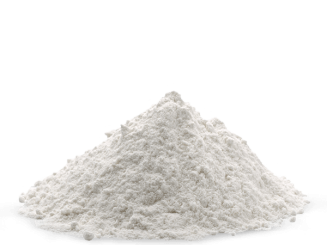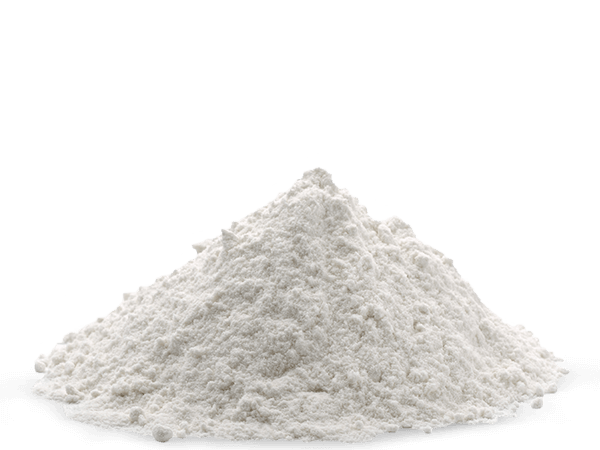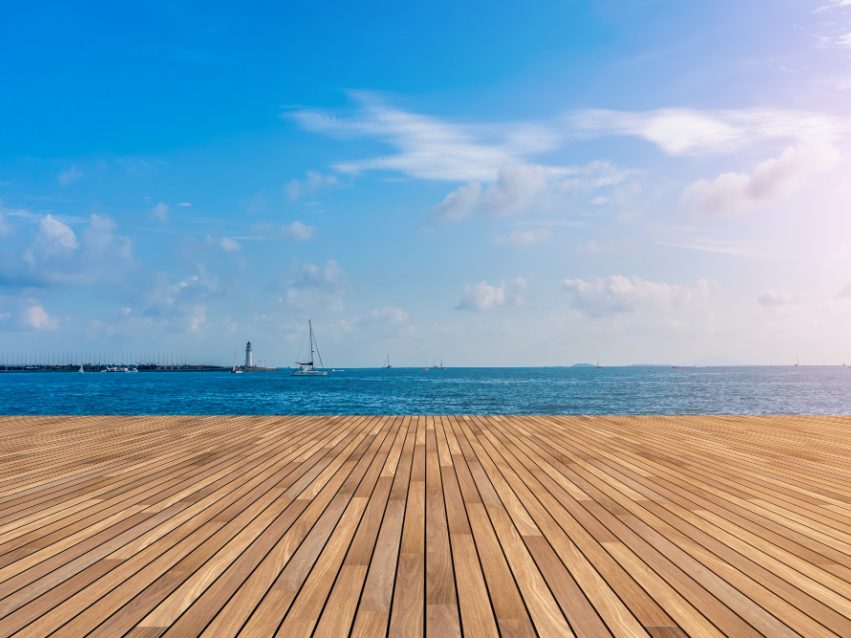3M™ Ceramic Microspheres

3M™ Ceramic Microspheres
The start of a better finish.
Functional fillers for architectural paints help keep painted surfaces looking like new, longer.
High-Strength Spherical Fillers
Product Overview
3M™ Ceramic Microspheres are innovative, high-performance additives designed for use in coating and polymer formulations. Their unique spherical morphology and high hardness impart outstanding abrasion, scratch, and burnish resistance.
These ceramic microspheres enhance the strength, toughness, and durability of various thermoplastics and thermosets, improving the overall quality of the composite. Their shape facilitates higher loading levels and better processability, reducing constraints during manufacturing.
Composed of alkali alumino silicate, 3M™ Ceramic Microspheres are UV transparent down to 250 nm, making them ideal for integration into UV curing systems. Additionally, their shape and particle size distribution contribute to lower resin demand and viscosities, further enhancing process efficiency without compromising filler loading.
From household interiors to industrial structures, 3M™ Ceramic Microspheres add value to a wide range of architectural and industrial paints and coatings. They help manufacturers reduce costs, enhance durability, and improve the overall performance of their formulations, ensuring success in diverse applications.
Brochures & Technical Literature
3M™ Ceramic Microspheres Overview
An introduction to the features, benefits and applications of 3M™ Ceramic Microspheres range.
3M™ Ceramic Microspheres Properties and Specifications
An overview of the different 3M™ Ceramic Microspheres grades available and their relative properties.
High-Strength Spherical Fillers
Product Overview
3M™ Ceramic Microspheres are innovative, high-performance additives designed for use in coating and polymer formulations. Their unique spherical morphology and high hardness impart outstanding abrasion, scratch, and burnish resistance.
These ceramic microspheres enhance the strength, toughness, and durability of various thermoplastics and thermosets, improving the overall quality of the composite. Their shape facilitates higher loading levels and better processability, reducing constraints during manufacturing.
Composed of alkali alumino silicate, 3M™ Ceramic Microspheres are UV transparent down to 250 nm, making them ideal for integration into UV curing systems. Additionally, their shape and particle size distribution contribute to lower resin demand and viscosities, further enhancing process efficiency without compromising filler loading.
From household interiors to industrial structures, 3M™ Ceramic Microspheres add value to a wide range of architectural and industrial paints and coatings. They help manufacturers reduce costs, enhance durability, and improve the overall performance of their formulations, ensuring success in diverse applications.
Brochures & Technical Literature
3M™ Ceramic Microspheres Overview
An introduction to the features, benefits and applications of 3M™ Ceramic Microspheres range.
3M™ Ceramic Microspheres Properties and Specifications
An overview of the different 3M™ Ceramic Microspheres grades available and their relative properties.
Product Features
Product Benefits
Typical Applications
3M™ Ceramic Microspheres are used by formulators to reduce VOC levels, increase filler loadings, improve hardness, and add burnish, scrub and abrasion resistance to a variety of coating formulations. Due to the ceramic chemistry of these products, they are also UV transparent down to 250 nm and have utility in radiation-curable and thin-film powder coatings.
Product Features
Product Benefits
Typical Applications
3M™ Ceramic Microspheres are used by formulators to reduce VOC levels, increase filler loadings, improve hardness, and add burnish, scrub and abrasion resistance to a variety of coating formulations. Due to the ceramic chemistry of these products, they are also UV transparent down to 250 nm and have utility in radiation-curable and thin-film powder coatings.
At Nanovision, we offer a wide range of sample products and detailed documentation. Whether you need a sample for testing or more information about our materials, we can provide it immediately.
Click the button below to let us know how we can assist you, and one of our sales team members will be in touch within 24 hours. Alternatively, you can call us at +30 213 090 7763.
Case Studies
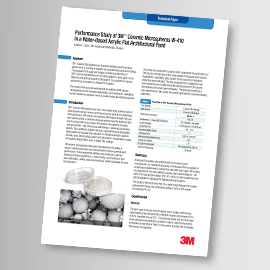
Case Study: Enhancing Performance in Architectural Paints with 3M™ Ceramic Microspheres W-410
When improving the performance of water-based acrylic flat architectural paints, chemist L. Girón chose 3M™ Ceramic Microspheres W-410 from 3M. These functional additives, featuring fine particle size and high packing density, are engineered to enhance properties such as dispersibility, scrub resistance, washability, burnish resistance, and gloss control.
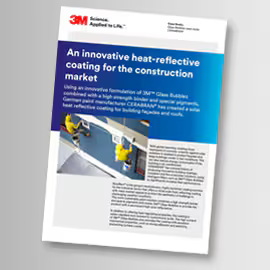
Case Study: Keeping Buildings Cool as Temperatures Rise
As average temperatures rise and heatwaves become more frequent, a barrier against solar radiation is essential to protect façades and keep buildings cooler in hot climates. Discover how paint manufacturer CERABRAN® developed a new exterior coating that reduces building temperatures by up to 4°C.
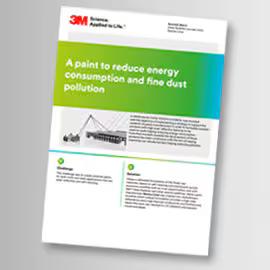
Case Study: An External Paint Formulated to Reduce Energy Use and Repel Dirt
Italian paint manufacturer Resinacolor has developed a groundbreaking heat-reflective and self-cleaning paint using a precise blend of premium raw materials, including 3M™ Glass Bubbles.
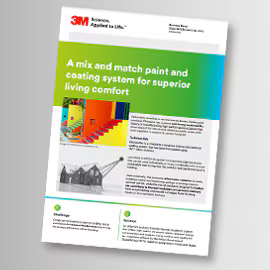
Case Study: A Mix and Match Paint System to Drive Energy Efficiency
Microreflex is an innovative coating system for both interior and exterior applications from Italian manufacturer Chiraema. Formulated with 3M™ Glass Bubbles, it enhances energy efficiency in buildings and minimizes condensation.
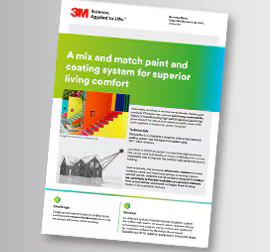
Case Study: A Mix and Match Paint System to Drive Energy Efficiency
Microreflex is a complete new internal and external coating system from Italian manufacturer Chiraema that has been formulated using 3M™ Glass Bubbles to improve the energy efficiency of buildings and reduce condensation.
Technical Papers
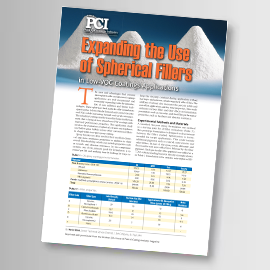
Technical Paper: Enhancing Matting and Performance in Waterborne UV-Curable Coatings (Part 1)
In Part 1 of this series, ceramic microspheres and glass bubbles were evaluated in a high-solids, two-part epoxy coating for industrial applications and other end uses such as concrete floor coatings. Benefits included higher volume loadings and lower VOCs at lower viscosities, in addition to better film integrity, as manifested by improved abrasion resistance.
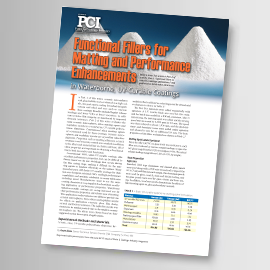
Technical Paper: Enhancing Matting and Performance in Waterborne UV-Curable Coatings (Part 2)
Part 2 evaluates the same ceramic microspheres, silica matting agents, and nepheline syenite in a waterborne, UV-curable polyurethane dispersion. Properties such as matting efficiency, scratch resistance, and viscosity control were studied, along with the effects on clarity and haze. These properties are crucial for achieving a decorative and functional final finish.
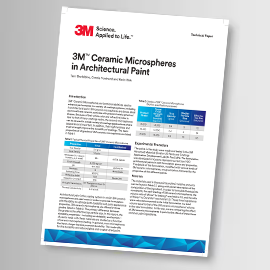
Technical Paper: Improving Durability and Appearance in Architectural Paints
When selecting the optimal additive for improving architectural paints, chemist T. Shefelbine chose 3M™ Ceramic Microspheres W-410 from 3M. These microspheres enhance scrubbability, burnish resistance, and overall durability. Their high hardness and smooth finish make them an excellent choice for high-performance architectural paints.
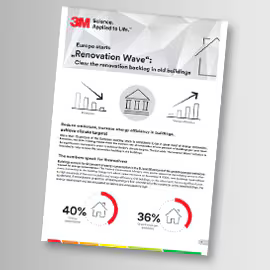
White Paper: Renovation Wave
Only one percent of the building stock in Europe is currently energetically renovated every year - too little to achieve the climate protection goals. The European Commission has therefore launched the “Renovation Wave” initiative, with the aim of at least doubling the renovation rate in the next ten years. Our white paper provides information on the background, priorities and measures.

White Paper: Renovation Wave
Only one percent of the building stock in Europe is currently energetically renovated every year - too little to achieve the climate protection goals. The European Commission has therefore launched the “Renovation Wave” initiative, with the aim of at least doubling the renovation rate in the next ten years. Our white paper provides information on the background, priorities and measures.
On Demand Webinars
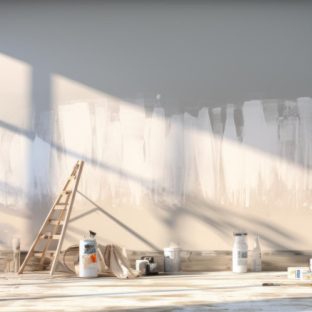
Webinar: Revolutionizing an Industry with 3M Glass Bubbles
3M Glass Bubbles are revolutionizing the paint and coating industry with innovative solutions to diverse climates and prolonged exposure. These tiny powerhouses enhance paint durability and performance, enabling formulators to maintain integrity, reduce cracks, prevent algae growth, and deliver superior moisture management and solar reflectivity.

White Paper: Renovation Wave
Only one percent of Europe's building stock undergoes energy renovations annually, which is insufficient to meet climate protection goals. To address this, the European Commission has introduced the “Renovation Wave” initiative, aiming to at least double the renovation rate over the next decade. Our whitepaper offers detailed information on the background, priorities, and measures of this initiative.

White Paper: Renovation Wave
Only one percent of Europe's building stock undergoes energy renovations annually, which is insufficient to meet climate protection goals. To address this, the European Commission has introduced the “Renovation Wave” initiative, aiming to at least double the renovation rate over the next decade. Our whitepaper offers detailed information on the background, priorities, and measures of this initiative.

White Paper: Renovation Wave
Only one percent of Europe's building stock undergoes energy renovations annually, which is insufficient to meet climate protection goals. To address this, the European Commission has introduced the “Renovation Wave” initiative, aiming to at least double the renovation rate over the next decade. Our whitepaper offers detailed information on the background, priorities, and measures of this initiative.


